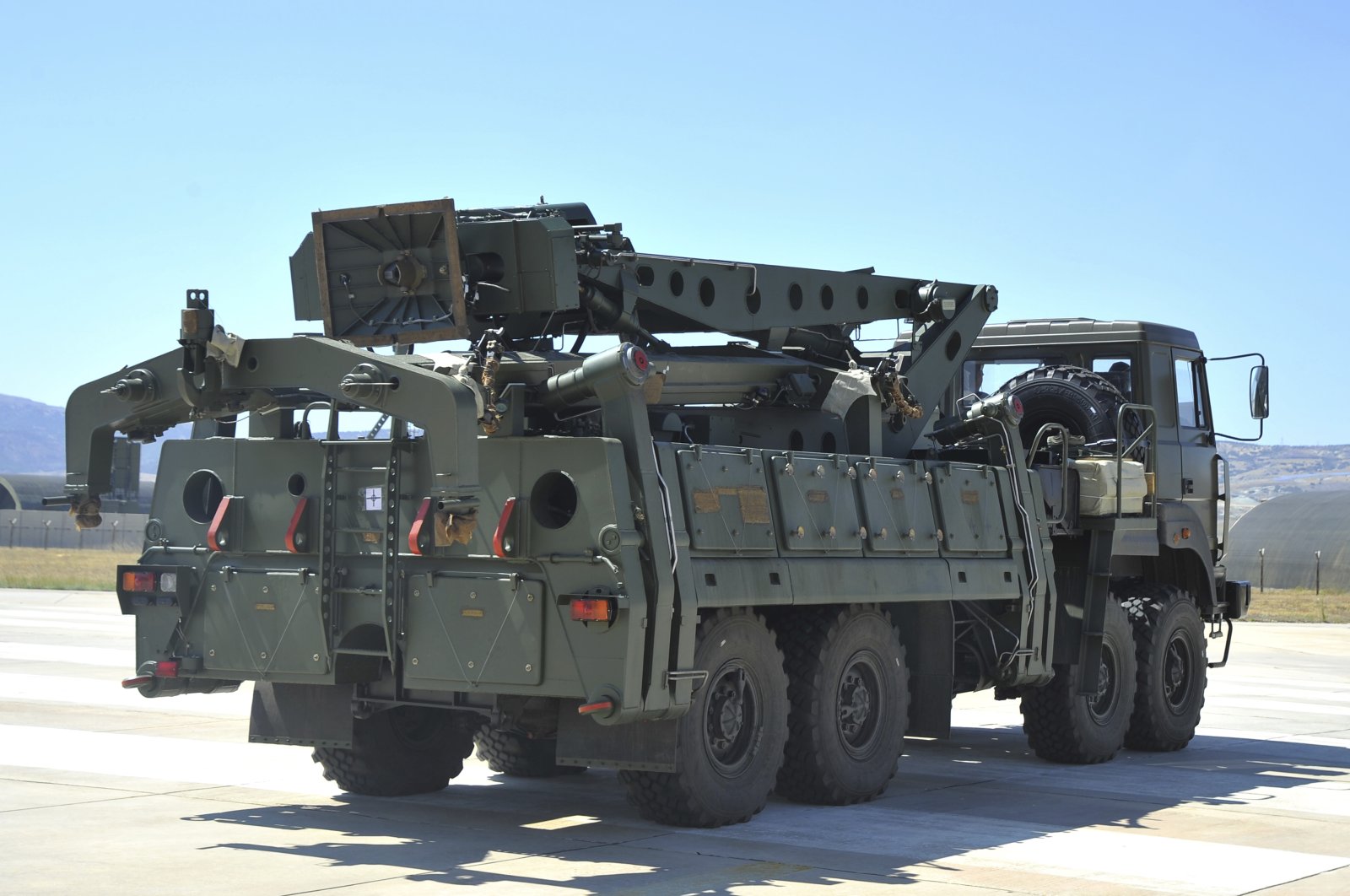Kalın, Sullivan highlight mutual efforts to solve Turkey-US issues

Presidential Spokesperson Ibrahim Kalın and Jake Sullivan, the National Security Advisor to U.S. President Joe Biden highlighted that bilateral relations between Turkey and the U.S. need to focus on common interests and strategic priorities, according to a press release published Tuesday.
Kalın and Sullivan held a phone conversation, in which they discussed bilateral ties, regional issues like the Syrian Crisis, and ongoing developments in Libya and Iraq, as well as the fight against the COVID-19 pandemic.
They noted that the two allies need to base their relations on mutual respect and common interests.
They also emphasized the need for mutual efforts to solve the ongoing issues related to the Russian-made S-400 missile defense system and the F-35s through a constructive engagement.
Kalın reiterated Turkey’s determination and sensitivity about the fight against the YPG/PKK, Daesh and FETÖ terrorists, the statement added.
The U.S. has primarily partnered with the YPG in northeastern Syria in the anti-Daesh fight. On the other hand, Turkey strongly opposed the terrorist group’s presence in northern Syria, which has been a major sticking point in strained Turkey-U.S. relations. Ankara has long objected to the U.S.’ support for the YPG, a group that poses a threat to Turkey and terrorizes local people, destroying their homes and forcing them to flee.
Under the pretext of fighting Daesh, the U.S. has provided military training and given truckloads of military support to the YPG, despite its NATO ally’s security concerns. While underlining that a country cannot support one terrorist group to fight another, Turkey conducted its own counterterrorism operations, over the course of which it has managed to remove a significant number of terrorists from the region.
Kalın and Sullivan also discussed the recent attacks targeting civilians, as they noted that such aggression needs to be stopped at a time when the political process and constitutional talks are expected to be supported.
Meanwhile, the two sides also welcomed the political process and the vote of confidence the Libyan interim government received.
Ties between NATO allies Turkey and the U.S. were badly strained in 2019 over Ankara’s acquisition of the advanced S-400 Russian air defense system, prompting Washington to remove Turkey from its F-35 Lightning II jet program.
The U.S. argued that the system is incompatible with NATO systems and could be used by Russia to covertly obtain classified details on the Lockheed Martin F-35 jets. Turkey, however, insists that the S-400 would not be integrated into NATO systems and would not pose a threat to the alliance.
The Russian-made S-300 system, for instance, has been sold to 20 countries, including NATO member countries such as Bulgaria, Greece and Slovakia.
The S-300 system, completed in 1978, is designed to defend against short- and medium-range air attacks and is considered one of the world’s most powerful air defense systems.
In 1996, Greece signed a deal with Russia for the purchase of S-300s for deployment on Greek Cypriot soil.
These missiles could not be deployed in southern Cyprus as a result of Turkish pressure, but in 1998, they were deployed in Crete, whose strategic importance has been rising steadily.
Greece also signed new agreements with Russia in 1999 and 2004 to purchase TOR-M1 and OSA-AKM (SA-8B) medium – and low–altitude air defense systems.
